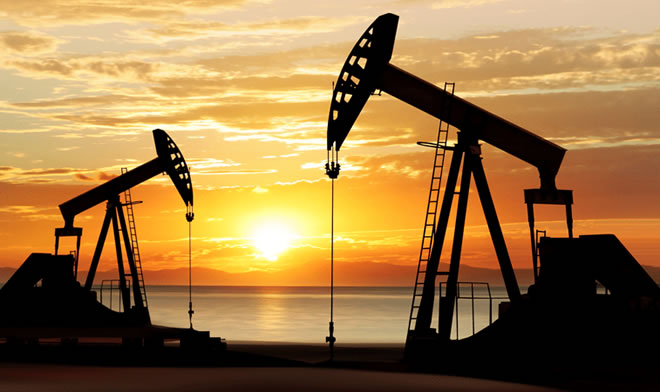Dr. Ali Said Faqi
Tuesday November 8, 2022
Tuesday November 8, 2022

We have known that Somalia is a country with a huge deposit of untapped oil and gas for years. But things got a bit serious after the Federal Government created a separate Ministry dealing with Petroleum and Mineral Resources. Finally, about a month ago Somalia signs oil production sharing with Coastline Exploration company. The US-based firm predicts production of 100,000 barrels a day if discoveries turn real. The decision to drill is essentially good for Somalia because it is the right trajectory to financial independence. The world community is funding eco-friendly projects with the intention of achieving a net zero carbon emission by 2050, which means the price of gas will drop significantly if this happens. So, the question is why don’t we exploit our God-given resources soon? Somalia remained and is still bankrupt as it continues to rely on foreign aid. This is why the country lacks major infrastructure investments which is the key to economic growth. Somalia must exploit its natural resources to generate revenue that will help build stronger security forces, create jobs for the youth, build a better educational system, provide basic healthcare to its citizens, and realize sustainable economic growth. Oil and gas production paves the path for financial independence.
advertisements
Despite bringing the necessary revenue required for the country’s budget, the lucrative oil business comes with the curse of corruption. In Africa, oil-related corruption is endemic; Nigeria and South Sudan are key examples of African countries with high corruption rates. In spite of the vast oil and gas production, South Sudan still lacks meaningful development and political stability.Effective management of public finance that has fiscal transparency and accountability is necessary to limit corruption.
In the South Sudanese case, the oil companies are also blamed to have failed to adhere to the principles of the Petroleum Act 2012, Petroleum Revenue Management 2013, and Environmental Protection Regulations that were part of the oil deal exploration that they signed with the South Sudanese government. Somalia does not need to fall into the same trap as South Sudan. It must establish zero-tolerance rules to prevent and mitigate these failures.
It is important to keep in mind that the environment gets polluted throughout all stages of oil and gas production, from exploratory activities to refining. Most countries sign oil deals without having environmental protection policies and regulations in place. Environmental risks related to oil production are widely known. The importance of having Environmental Protection Agencies responsible for setting up rules and regulations to protect the environment is widely recognized. These institutions employ environmental lawyers and scientists from various fields. Their responsibility is to regulate environmental issues affecting air, water, and soil. The United Nations Environmental Protection (UNEP) agency has developed rules and regulations on managing the environment in the oil exploration and production field. Likewise, oil industries have immense experience in tackling environmental issues related to oil exploration and production. For offshore oil exploration and production, an oil spill is the biggest environmental risk to be prepared for. Unfortunately, even countries with strict environmental regulations like the USA have suffered environmental impacts associated with oil spills. The deep-water horizon oil spill in the Gulf of Mexico in 2010 highlights the danger of oil exploration and transportation. This accident was considered to be the largest oil spill and the worst disaster in US history with over hundreds of thousands of barrels of crude oil leaking into the ocean. Environmental studies conducted in 2020, literally 10 years following the accident still show that oil spill continues to harm marine animals, especially dolphins.
Somalia’s environmental protection preparedness
Environmental protection and risk management should be a major priority for both government and the oil company. The Somali federal government must steer the environmental policies in the country. The government’s responsibility is to develop and enforce regulations that can mitigate the environmental hazards associated with oil and gas production. Clear sets of environmental regulations and guidelines on environmental management must be established. Recruitment of environmental lawyers, ecologists, biologists, and scientists with risk assessment skills is the basis for setting up a department of environment and natural resources. The lower house of the federal parliament should draft and pass federal laws to protect human health and the environment. The environment is a cross-cutting issue and coordination across various government, private sectors, and other nonprofit organizations should be enhanced, keeping in mind that the environment is relevant to all the facets of development. Undertaking environmental protection awareness at the federal and state level is essential to spread the knowledge of the risk of environmental hazards. For an effective response, it is necessary to create an environmental emergency response unit that has all the necessary technical support and experts able to launch adequate responses in the event of a disaster. Finally, without putting environmental protection policies, laws, and enforcement in place, the environmental hazard associated with oil and gas exploration and production cannot be mitigated or prevented. The consequences of environmental hazards are immense. They range from polluting the environment, to adversely impacting the ecosystem and human health.
Dr. Ali Said Faqi
Twitter: @FaqiAlis